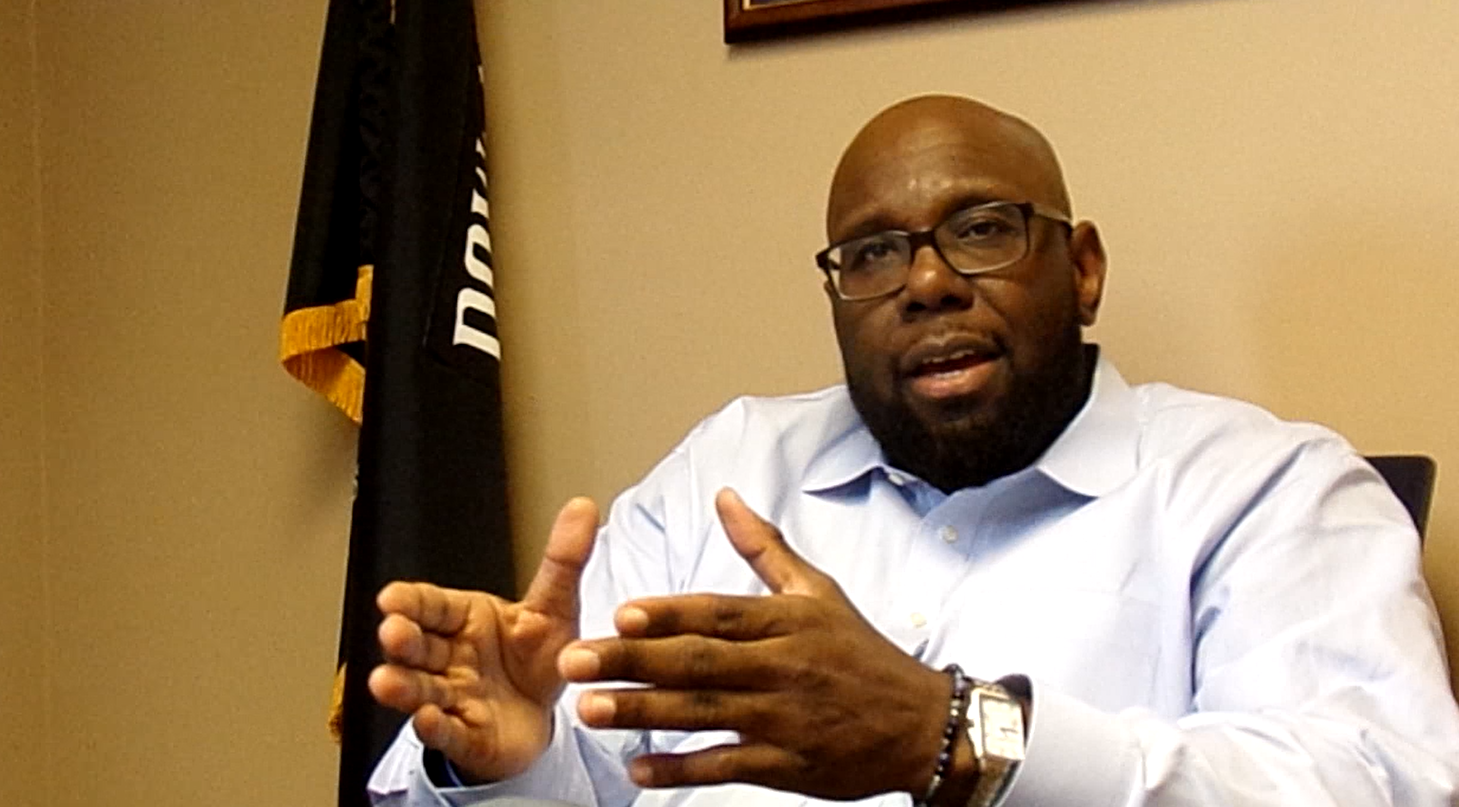From Governor Phil Murphy’s 2025 State of the State Address:
“Unfortunately, as I can attest as a parent, in recent years, we have seen a new obstacle emerge when it comes to our children’s education: cell phones.
“Today, our children are inundated with screens.
“And if you ask just about any educator, they will tell you that mobile devices are a distraction in the classroom.
“They are fueling a rise in cyberbullying.
“And they are making it incredibly difficult for our kids, not only to learn, but to retain the substance of what they learn.
“Honestly, is it any surprise that the rise in smartphone usage has coincided with a growing youth mental health crisis?
“Of course not. And I — for one — am not going to sit back as our kids suffer.
“So today, I am officially announcing my support for a new proposal that will direct school districts across New Jersey to adopt policies that ban cell phones from our K-12 classrooms and help establish phone-free schools.
“And I want to thank Senator Paul Moriarty and Assemblywoman Rosy Bagolie for their leadership on

this issue.
“Every parent knows the damage that these devices can cause.
“Enough is enough. It is time for action.”
Murphy in his speech also vowed to work to lower housing costs.
From the speech:
“One of the biggest barriers our families face — when it comes to building wealth — is the skyrocketing costs of housing.
“And that is why, last year, our Administration worked with all of you to pass the most sweeping affordable housing legislation in more than 40 years.
“And now, as we work to convert that landmark law into action, I am ready to work with you, again, to lower housing costs for New Jerseyans.
“This year, I am calling on the Legislature to reform our state’s zoning and permitting laws, with a number of proposals led by Senator Troy Singleton and his colleagues, so we can make it easier to build new housing in the communities where it’s needed most.
“By cutting red tape and easing outdated restrictions, we can build potentially thousands of new, affordable housing units over the next decade.
“This is absolutely essential to helping our families access new opportunities to improve their economic well-being.”

(Visited 11 times, 12 visits today)
New Jersey Governor Phil Murphy recently proposed a ban on cellphones in K-12 classrooms across the state. The move comes as part of a larger effort to improve student focus and academic performance in schools.
The use of cellphones in classrooms has been a contentious issue for years, with many educators and parents arguing that they are a distraction and hinder students’ ability to learn. Studies have shown that excessive cellphone use can lead to decreased attention spans, lower grades, and even mental health issues in young people.
Governor Murphy’s proposal would require students to keep their phones turned off and stored in their lockers during school hours. The ban would apply to all public and private K-12 schools in New Jersey.
Supporters of the ban argue that it will help create a more focused and productive learning environment for students. By removing the distraction of cellphones, teachers will be better able to engage students in the classroom and help them stay on task.
Opponents of the ban, however, argue that cellphones can be valuable tools for learning and communication. They point to the fact that many schools use technology in their curriculum and that cellphones can be used for research, collaboration, and accessing educational apps.
Despite the debate, Governor Murphy’s proposal has gained support from many educators and parents who believe that limiting cellphone use in schools is a necessary step towards improving student performance. If the ban is implemented, New Jersey would join a growing number of states and countries that have restricted or banned cellphones in classrooms.
Ultimately, the goal of the ban is to create a more focused and productive learning environment for students. By limiting distractions and encouraging engagement in the classroom, educators hope to see improvements in student performance and overall academic success.



